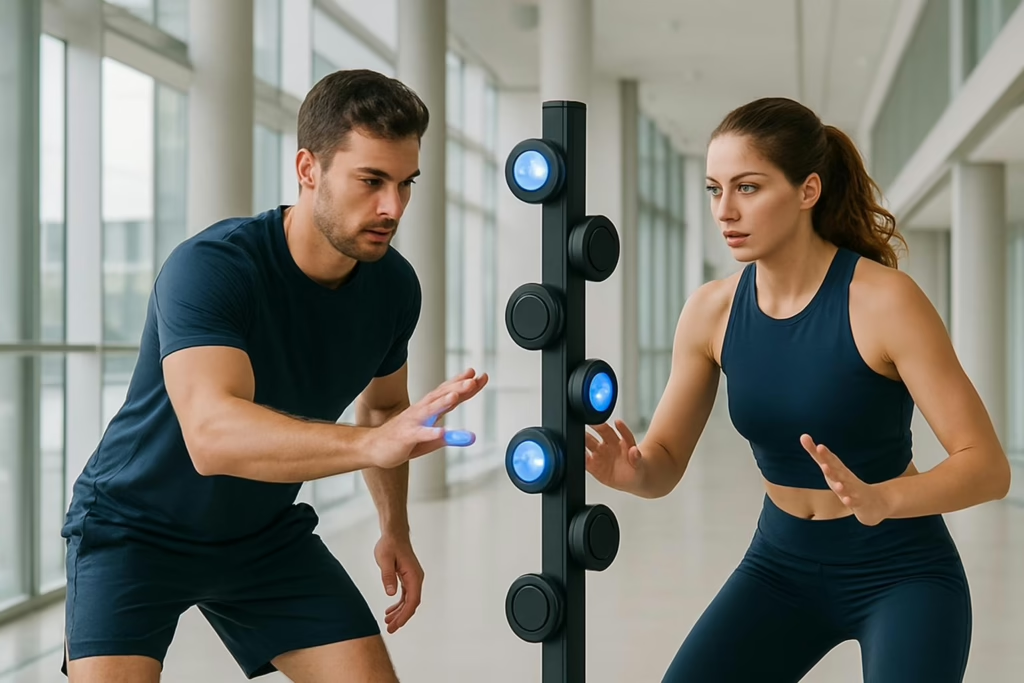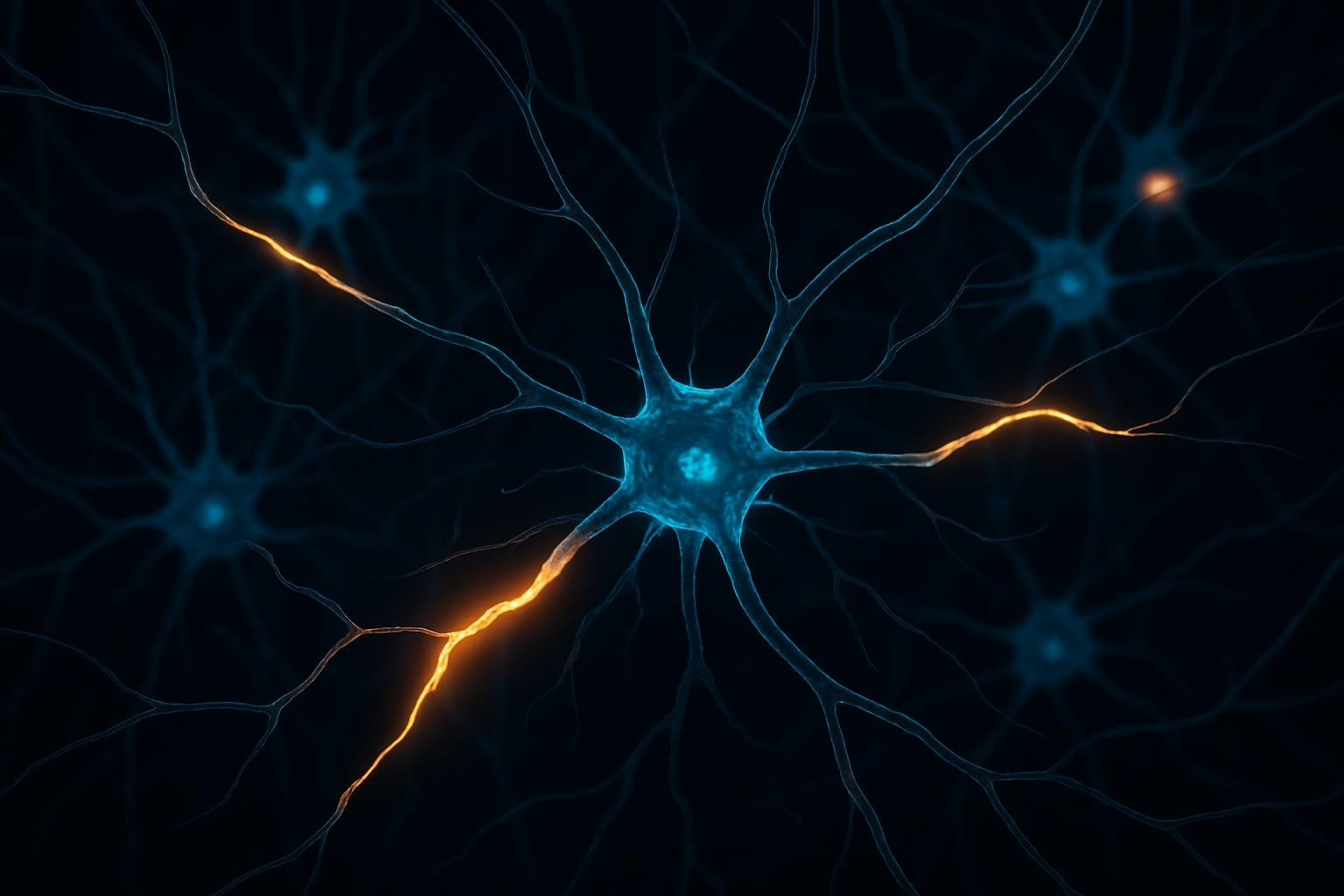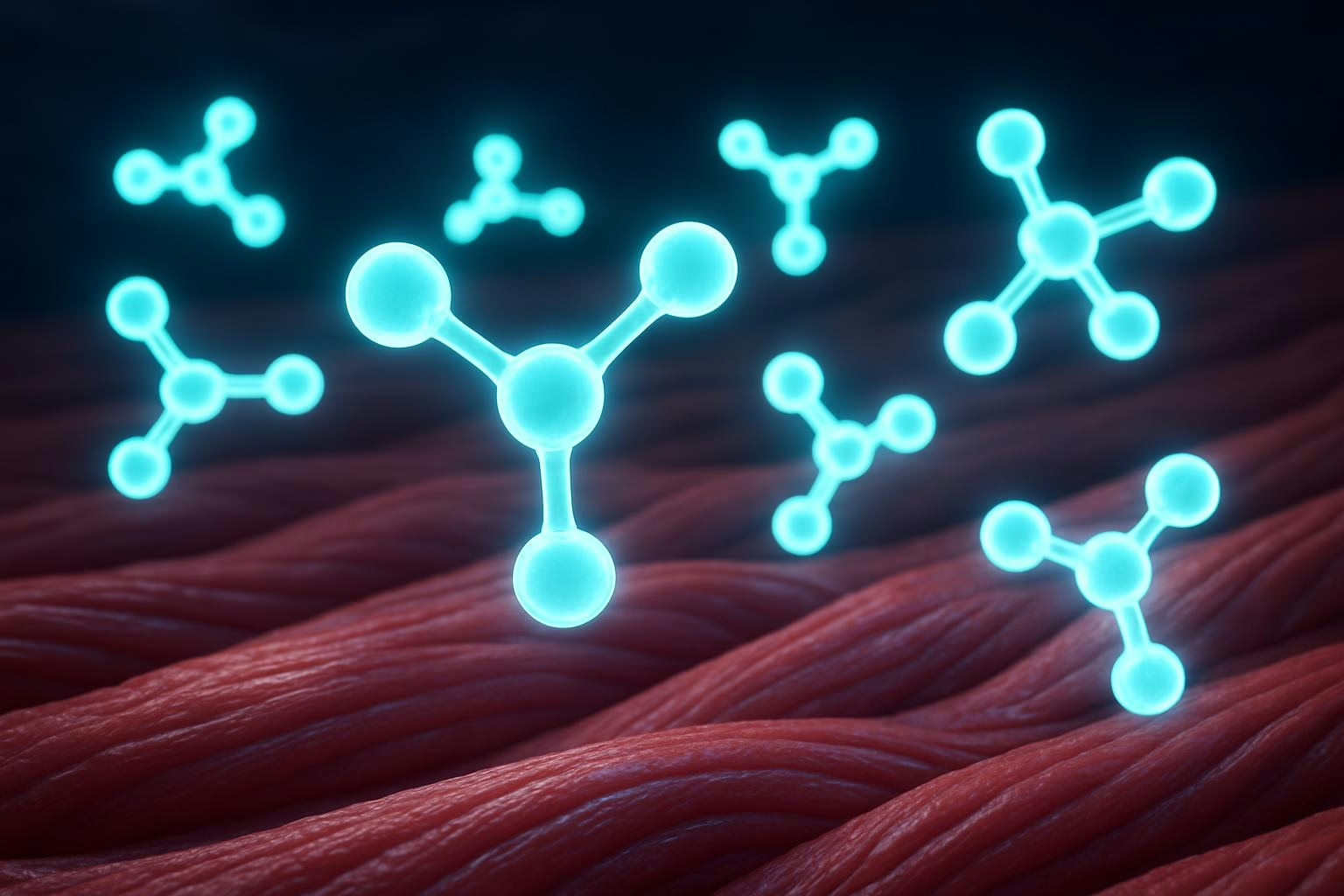
Vitamin B2 Supplements May Support Cognition And Athletic Ability
Vitamin B2 is a vitamin we need to intake every day which may support both cognitive and athletic ability. Riboflavin or vitamin B2 is an essential water soluble vitamin which is needed within our mitochondria so that they are able to operate properly.
Our mitochondria are fundamental in sustaining energy production. This is one important reason why this vitamin is linked to various health outcomes such as cognitive or athletic support.
Research suggests that levels of vitamin B2 could deplete after strenuous or regular exercise. As we age our requirements of riboflavin also tend to increase. This makes supporting circulating amounts of riboflavin something which individuals of all ages could consider.
The possible ways in which vitamin B2 or riboflavin could support with healthy cognitive and athletic ability will be considered here to show why you may wish to include more of this essential vitamin in your diet.

Riboflavin Or Vitamin B2 And Our Health
Vitamin B2 or riboflavin is essential in supporting the day to day functioning of our mitochondria. Our mitochondria need vitamin B2 to support with energy production from fats and carbohydrates. Sometimes they also use proteins or amino acids to make energy.
Vitamin B2 is a cofactor or rate limiting compound that can determine or change the outcome of energy production within the mitochondria. This energy is then used by our bodies to support healthy amino acid and glutathione production. Both of which are important in supporting optimal tissue growth or the building of muscle. This highlights the importance of vitamin B2 in supporting the overall wellbeing of our bodies on a day to day basis.
Deficiencies in vitamin B2 are not prevalent but symptoms could include fatigue and dry lips. Riboflavin or vitamin B2 deficiency is more prevalent in those who are malnourished or chronic alcoholics. A sustained amount of vitamin B2 is thought to be important in supporting bodily tissues which have high energy requirements. This could be because of a high cell turnover or growth rate as is the case in muscle building.
Foods rich in vitamin B2 include meats and dairy products. This includes beef or fish. Eggs are also a source of riboflavin. There are many vegetable sources of this vitamin too including some fortified cereals. The consumption of water with food is important in maintaining the absorption of the water soluble vitamins from these foods.
The amounts of riboflavin required each day is thought to increase as we age. The suggested RDA of vitamin B2 or riboflavin is thought to be about 1.3mg on average across all age categories. The safety profile of vitamin B2 is well established too. There are many studies which have outlined the safety of lengthy supplementation with vitamin B2.
Riboflavin And Cognition
Various studies suggest that available vitamin B2 could have an influence on different factors related to our cognitive health and wellbeing.
One large scale study with nearly 3000 individuals showed a significant link between scores of cognition and vitamin B2 intake. Vitamin B2 sufficiency seemed to influence and reduce the risks of a lower cognitive score.
Some researchers also suggest that a low riboflavin intake is related to the development of migraines. Sufferers of migraines will know how detrimental migraines are to cognitive health. The avoidance of these through support of vitamin B2 could influence our cognitive ability. Around 400mg of riboflavin a day was considered to be able to significantly support sufferers of regular migraines. The number of headache days and attack frequency was greatly reduced in these individuals.
Our intake of vitamin B2 may also influence nerve cell maintenance. Individuals who are suffering from a riboflavin deficiency may also experience symptoms of neurodegeneration and demyelination. This could clearly have an influence on healthy cognition. The healthy myelination of nerves is important in sustaining the speed of transmission of signals between nerve cells.
Some studies report that our vision could be very disturbed by a deficiency in riboflavin. Riboflavin may interact with vitamin A to support optimal vision which is in itself important in maintaining optimal cognition.

Vitamin B2 And Athletic Ability
Researchers suggest that there is a natural effect of riboflavin deficiency on athletic ability during a session of exercise. This is because of how important this vitamin is in supporting healthy energy production within the body.
Studies have shown that energy production depletes with riboflavin depletion and this is important in sustaining muscle movement as needed during exercise. Also without riboflavin supported energy production the body could suffer with an energy depletion. This could effect longer term muscle recovery from muscle protein synthesis. Our bodies do not store a lot of riboflavin and smaller reserves are available in important organs such as the heart and kidneys.
Other studies have shown that vitamin B2 could have a slight influence on the production of red blood cells. This is important in supporting athletic ability because our red blood cells provide oxygen and carry away carbon dioxide during exercise. Certain studies have shown that riboflavin deficiency could contribute to anaemia.
Various studies have found positive results when monitoring athletic ability after riboflavin supplementation as part of an administered multivitamin. Studies have also found that circulating riboflavin in our blood stream may deplete after exercise. This emphasises an importance of supporting your exercise routine with the right nutrients.
Riboflavin As An Antioxidant
Preclinical studies also support suggestions that riboflavin deficiencies lead to DNA strand breakages. This is detrimental to tissue recovery and longevity. These are important influencing factors on sustained athletic ability during the lifetime of an individual. Vitamin B2 deficiency may encourage carcinogens to bind to our DNA. Carcinogens are compounds that are likely to cause a cancer influencing event.
There are suggestions that vitamin B2 plays a role as a supportive antioxidant molecule in the prevention of these sorts of outcomes. Other studies suggest that riboflavin may have a role as a protective antioxidant in heart tissue. This could support more optimal cardiovascular health. Homocysteine levels seem to increase under riboflavin deficiency which is an important determinant of cardiovascular health. High homocysteine could also influence bone metabolism to cause abnormalities. Another study suggests that vitamin B2 could support optimal bone health in some athletes.
Riboflavin seems to help our bodies regenerate glutathione. This is one of the most important antioxidants found within the body and so riboflavin could have unrealised extended abilities as an antioxidant which are yet to be discovered. Glutathione is linked with both cognitive health and improved athletic ability. One study linked riboflavin supplementation with a significant reduction in neuromuscular irritability.
Overall various studies indicate that riboflavin or vitamin B2 could have a significant role in the maintenance of optimal athletic and cognitive health. This is thought to be mediated through healthy energy production and the maintenance of tissues as indicated by research.

Summary
Vitamin B2 is an essential vitamin which we are not able to produce. We must regularly consume this vitamin as part of our diet. Our levels of vitamin B2 are thought to deplete after regular or strenuous exercise. In addition there is a higher requirement of vitamin B2 as we age.
Some food sources of vitamin B2 include beef or fish. Riboflavin supplements have also demonstrated an excellent safety profile and effective means of supporting vitamin B2 intake. An average person requires around 1.3mg of vitamin B2.
Research suggests vitamin B2 has a range of health supportive roles. This may include a role as an antioxidant and in energy production within the body. Both of these are possible influencing factors on cognitive and athletic ability.
Energy production in particular is very important in supporting both cognitive and athletic ability. This because the energy produced is used in protein production which helps to build or maintain tissues.
A large scale study found that vitamin B2 supported improvements in cognitive ability. Other studies have found that deficiency in riboflavin may contribute to migraines and also nerve cell degeneration. Many studies link riboflavin to athletic ability because of a defined role in energy production. Research supports this when supplemented as part of a multivitamin.
Importantly vitamin B2 has been suggested to be able to influence homocysteine levels as an antioxidant. Riboflavin is thought to help to maintain the powerful antioxidant glutathione within the body. Studies suggest that optimal amounts of riboflavin are supportive of cardiovascular health and possibly also bone health.
Overall the studies show that vitamin B2 could have a significant role in the maintenance of optimal athletic and cognitive health as a rate limiting factor in various processes.
You can find more interesting articles below.





